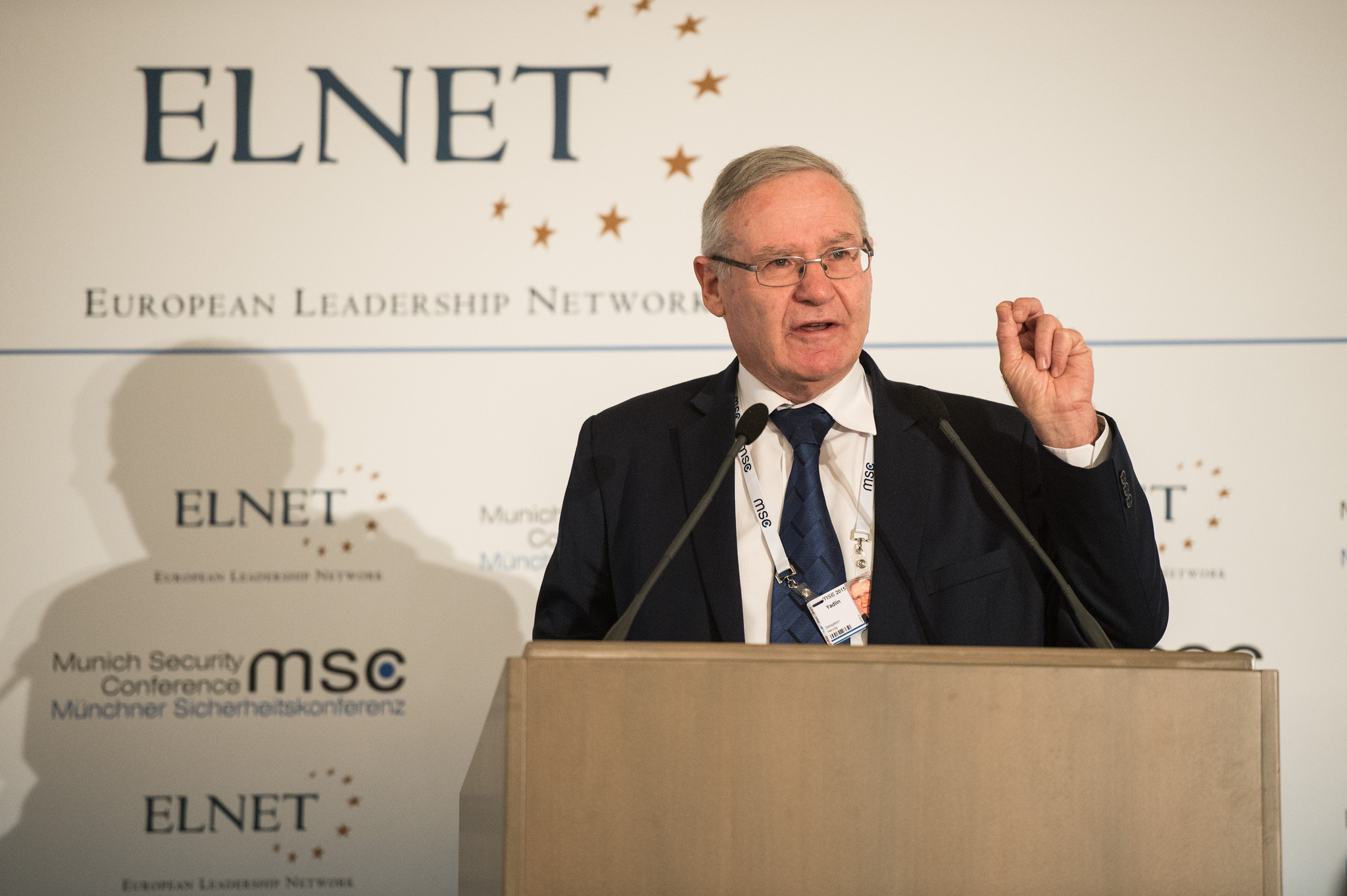“We can’t wait for a Palestinian messiah to come and make peace with us, because that won’t happen. And we can’t wait for the messiah who will give us a clear Jewish majority from the Jordan River to the Mediterranean Sea. We’re doing it ourselves. That’s Zionism.”
These are the words of retired General Amos Yadlin, the head of the Israeli Institute for National Security Studies (INSS). Unlike naïve people in Israel and abroad, he doesn’t even suggest that Donald Trump is the Messiah whose team will bring about peace in a much-heralded and in some quarters eagerly anticipated plan. Instead, the INSS has just published a plan of its own.
It’s offering a piece of a peace plan comprising some 65 percent of the West Bank accompanied by economic incentives that would improve living standards in the Palestinian territory. The idea is to enlarge the West Bank area now controlled by Israel and yield ground to Palestinians currently held by Israel. Needless to say, Israel would retain full security for the whole area.
Gaza is out of the equation. Former peace plans usually included schemes designed to link the Gaza Strip with the West Bank by way of an overhead road, a tunnel or some other means of creating contiguity. Periodic attempts to bring about reconciliation between Hamas, the rulers of Gaza, and the Palestinian Authority in the West Bank have failed consistently. They aren’t likely to yield results in the foreseeable future irrespective who is at the helm. Alas, Gaza will remain a huge headache for Israel.
The INSS scheme envisages further expansion of Jewish settlements in the bloc along the border with Israel, where most of them are now located. Expansion of isolated Jewish settlements elsewhere in the West Bank would stop. (This seems like preparation for the annexation of most settlements.)
We don’t know yet what Prime Minister Netanyahu and his party think of the idea, but it seems that the leaders of the major opposition parties, the Zionist Union and Yesh Atid, would support it. Needless to say, Naftali Bennett, the leader of the de facto settler party Habayit Hayehudi, is opposed, because he seems to have in mind one state in which the Jews lord over the Palestinians whether or not they’d constitute the majority of the population.
The scheme is also consistent with the proposals by Dr. Micah Goodman, one of the most interesting and creative thinkers in contemporary Israel, whose important book, Catch 68, has now appeared in English.
In a recent article echoing the book Goodman tries to go beyond the two most cited opinions about the conflict: the left that argues that retaining the territories endangers the future of Israel and the right that insist that giving up the territories will endanger the future of the Jewish state. Hence the stalemate in the Israeli discourse.
Goodman’s answer is that “the alternative to ending the conflict is not to manage it, but rather to shrink it.” Which is what the INSS proposal seems to be trying. Goodman takes his cue from the world of medicine where fatal diseases may not be cured, “but medical intervention is still hugely significant.” He adds: “Such intervention cannot cure the illness, but it can render it non-lethal.”
Israel-Palestine relations may resemble an incurable illness, but it doesn’t mean that it’s lethal.
Republished from San Diego Jewish World


























